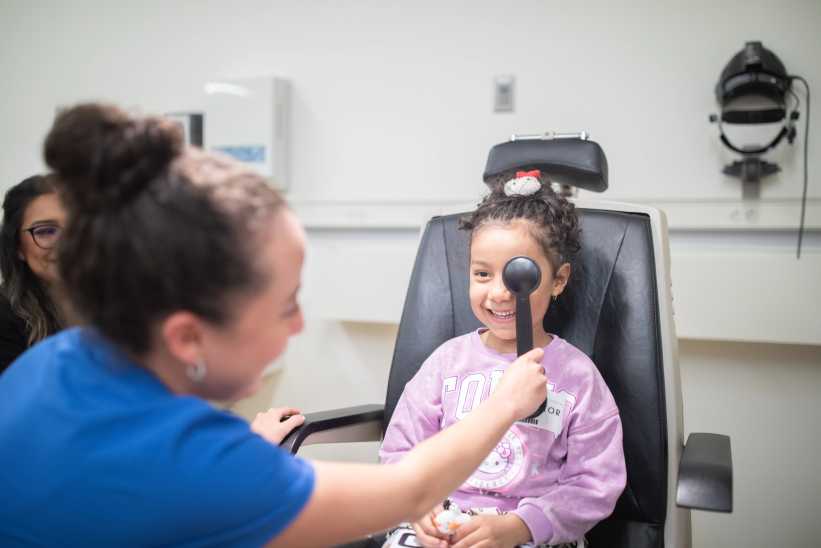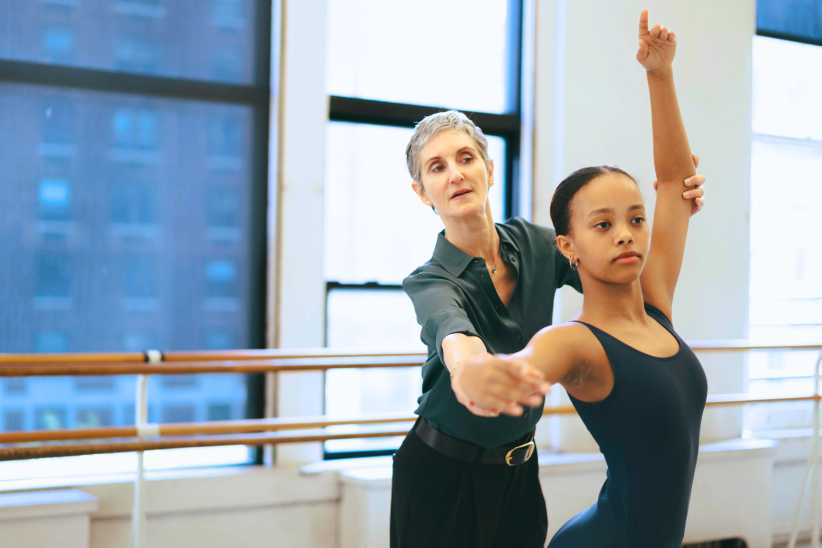How Free Cognitive Behavioral Therapy Benefits Teens
As a rapid period of both physical and emotional growth, the teenage years can bring challenges big and small. To help New York City teens navigate their teen years, the NYC Department of Health now offers any city resident 13-17 free therapy through a program called NYC Teenspace, powered by Talkspace. To sign up teens simply visit the NYC Teenspace site and answer a few questions about their needs and preferences. Parents and guardians are required to give consent through a simple online process, then the teen will be paired with a licensed therapist within days. They can exchange messages with their therapist any time, as often as they’d like, and schedule one live video or audio session per month, all for free.
How Virtual Cognitive Behavioral Therapy Works
Once teens are paired with a therapist, the therapist will use therapeutic principles that are the best fit for the teen based on their specific needs or challenges. One common style of therapy that leads to positive outcomes for many teens is Cognitive Behavioral Therapy, called CBT for short.
CBT can help teens identify unhealthy and unhelpful thought and behavior patterns so they can change them. It helps them replace negative thought patterns with healthier, more productive ones. Because it’s so focused on the specific thought patterns of an individual, CBT can be an excellent type of therapy for teens — the process can be tailored to the unique developmental needs and concerns of every teen.
CBT helps teens break down seemingly large challenges into smaller, more manageable ones, and give them specific tools to address them. It differs from some other forms of therapy in that the process doesn’t focus on the past. Instead, cognitive behavioral therapy focuses on issues currently being experienced so teens can identify where they’re struggling and develop new approaches that allow them to handle things more effectively. “When negative thoughts are on autopilot, we create anxiety that can stand in the way of our goals,” says Talkspace therapist Elizabeth Keohan, LCSW-C. “For example, catastrophizing a situation can lead us to make impulsive decisions based on what we anxiously might anticipate and conclude rather than a well thought out rational perspective.”
The therapist will guide the teen to identifying personal thought patterns, beliefs, or behaviors that might be causing or exacerbating feelings of anxiety or depression. Then they’ll help the teen understand where those thoughts or behaviors originated, by prompting them to consider, “Is this true?” or “Who told me this?”. Once they understand the roots of unhelpful patterns they can replace them with more positive or productive ones.
Emotion regulation and resilience aren’t skills that always come naturally — but they are something that can be learned. CBT offers coping mechanisms that help teens recognize their emotions so they can better manage stressful situations instead of being consumed by them. For example, CBT can teach teens who react with impulsive, uncontrolled rage when angry to identify the triggers that set them off. Then, they can either avoid stimuli or practice using coping tools to navigate their anger in a healthy and productive way — like by discussing what upset them in a calm manner rather than acting out.
For the many teens who struggle with social anxiety, CBT can help them overwrite negative thoughts and associations about being social. Over time, the teen might feel stronger, more confident, and more willing to take risks and participate in social events—which then will lead to positive social experiences that reinforce those new, healthier thought patterns.
Why therapy access for teens is so important
According to the Centers for Disease Control (CDC), nearly half (42%) of students feel “persistently sad or hopeless,” and almost a third (29%) have poor mental health. Even more alarming, 10% of students have attempted to take their own life, and 22% — that’s more than 1 out of every 5 — seriously thought about it.
Thankfully, solutions exist, and CBT is among them. In studies, CBT was effective in treating anxiety disorders, depression, PTSD, and OCD in children and adolescents. More than 77% of research participants saw significant symptom improvement post-treatment, and early 82% still saw improvement at follow-ups.
Lucky for parents and teens in New York City, therapy is now free for all teens 13-17 under the NYC Teenspace program. Any teen who signs up will be paired with their own New York-licensed therapist for ongoing care, right from their phones or computers. They can send their therapists messages 24/7 and receive replies 5 days per week, and they can also schedule one live virtual session (video, audio, or live chat) each month.
The NYC Teenspace program is available to all New York City residents 13-17, no matter their income or where they attend school, and no credit card or ID are required to sign up. To learn more and register, visit www.talkspace.com/nyc.
Psst… Check out more from Talkspace:
Free Mental Health Support Created for NYC Teens
How Free Therapy Benefits NYC Teens
SPONSORED CONTENT BY TALKSPACE
























